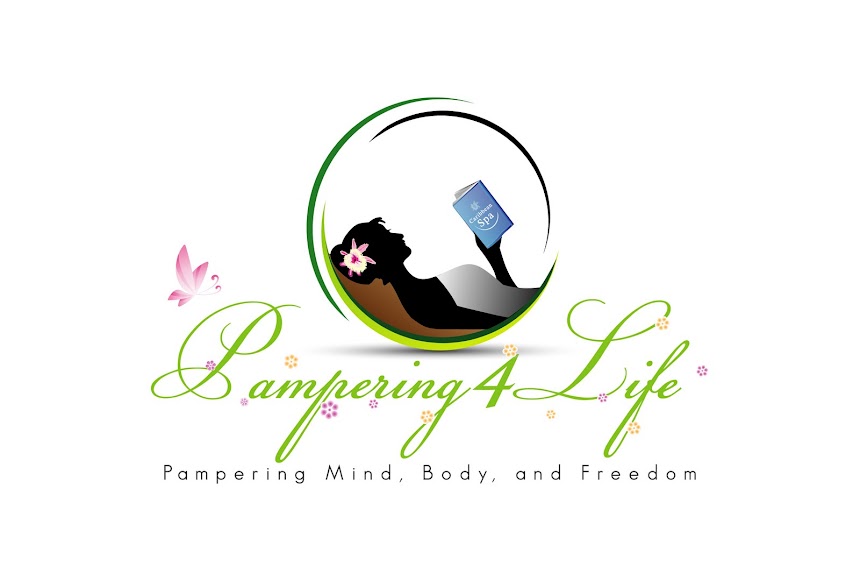A new study suggests psychological stress may play a role in the development of aggressive breast cancer, especially among minority populations.
“We found that after diagnosis, black and Hispanic breast cancer patients reported higher levels of stress than whites, and that stress was associated with tumor aggressiveness,” said Garth H. Rauscher, Ph.D., associate professor of epidemiology at the School of Public Health, University of Illinois at Chicago.
Rauscher and colleagues studied patient-reported perceptions of fear, anxiety and isolation, together referred to as psychosocial stress, and associations with breast cancer aggressiveness.
He cautioned that patients’ stress levels were examined two to three months post-diagnosis.
Researchers studied nearly 1,000 recently diagnosed breast cancer patients; of those, 411 were non-Hispanic black, 397 were non-Hispanic white, and 181 were Hispanic.
Researchers discovered psychosocial stress scores were higher for both black and Hispanic patients compared to white patients.
“Those who reported higher levels of stress tended to have more aggressive tumors. However, what we don’t know is if we had asked them the same question a year or five years before diagnosis, would we have seen the same association between stress and breast cancer aggressiveness?
“It’s not clear what’s driving this association. It may be that the level of stress in these patients’ lives influenced tumor aggressiveness.
“It may be that being diagnosed with a more aggressive tumor, with a more worrisome diagnosis and more stressful treatments, influenced reports of stress. It may be that both of these are playing a role in the association.
“We don’t know the answer to that question,” Rauscher said.
Emotions lie at the core of these high-risk habits. Poor diet, a lack of exercise and use of alcohol and tobacco all increase your risk of breast cancer. And simply put, you can’t successfully change your lifestyle without reshaping your mind — or at least how you handle negative emotions, anxiety and stress. Connect the dots between how you feel and how you react, then learn to follow a different path. Counseling, meditation, imagery and other tools can help you address negative feelings head-on and teach you how to reverse the behaviors associated with them. So instead of drowning in a carton of ice cream every time you’re stressed, maybe you’ll grab your sneakers and head out for a power walk instead.
Coping with the Emotional Tide of DiagnosisOn hearing those dreaded words, “You have cancer,” even the most well-balanced of us can be thrown into a tsunami of emotions like anger, sadness, and fear. These feelings — which stem from legitimate concerns and questions — can sometimes be difficult to deal with alone.
If you’re struggling with profound emotions, enlist the help of a loved one and talk to your doctor about your options, including therapy and medication. Consider joining a cancer support group. Most hospitals and treatment centers offer one; ask your doctor or care coordinator for details.
Believe It to Achieve ItWhile it may seem easier said than done, positive thinking can be a huge help. Behavioral studies show that those who strongly believe in their ability to achieve a certain goal or outcome — such as staying strong enough during chemo to go for a walk every day — generally feel and function better than those who feel helpless over their situation. Here are some practical ways to feel in control of your situation and enhance your quality of life:
- Take an active role in deciding your treatment course and other issues of care.
- Tend to your body during treatment — even if you’re having trouble liking your body at the moment: Good nutrition, regular exercise (or as much physical activity as you can handle) and restful sleep help fight stress, boost energy and speed healing.
- Nurture your spirit: Engage in meaningful activities — whatever that means for you, whether it involves art, music, volunteering, meditating or spending time with loved ones.



No comments:
Post a Comment